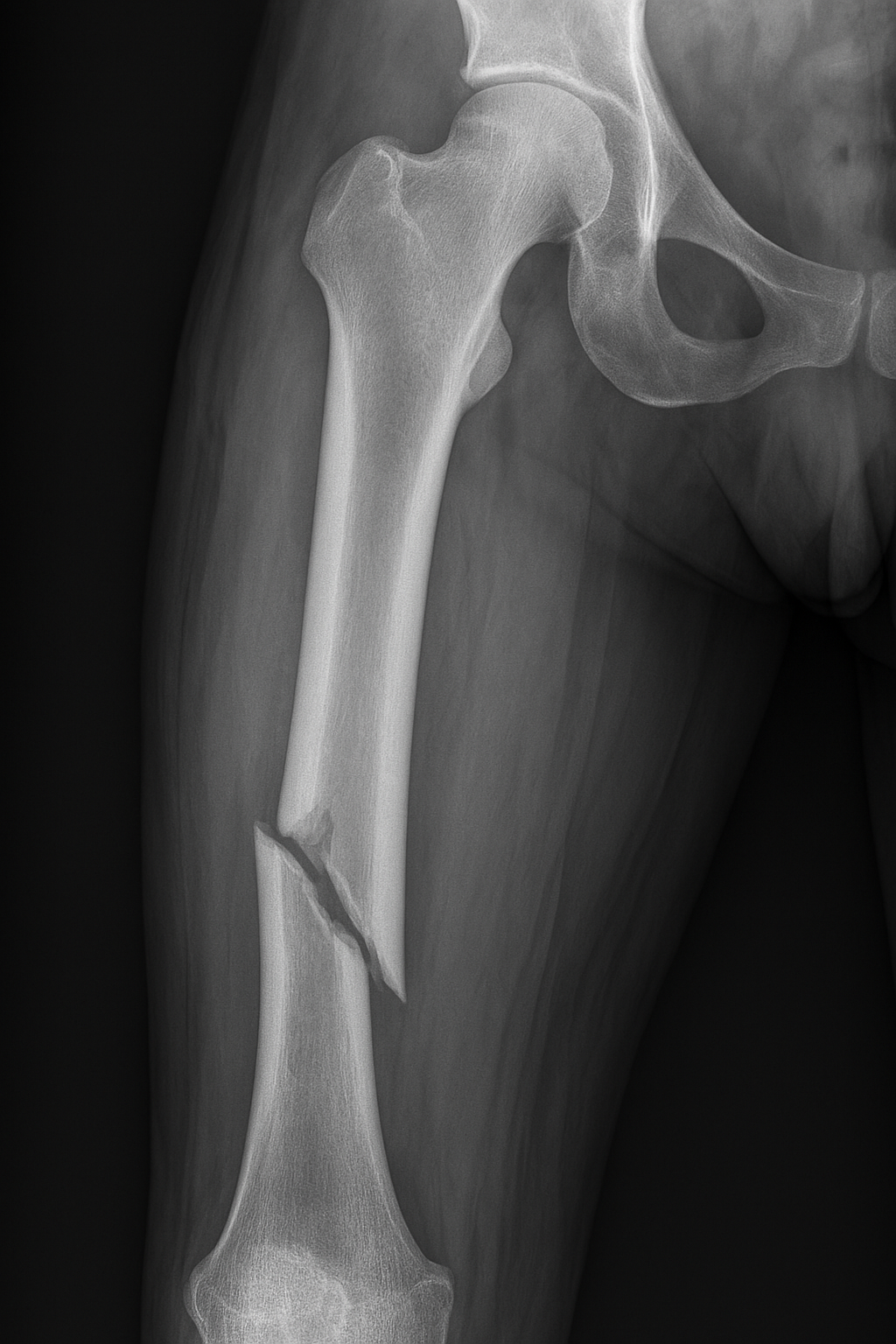Heart heard Prayers
Daily Message – Listening with the heart
In our Daily Message about prayer, we defined prayer as a conversation involving speaking as well as listening. The art of listening is not limited to a function of the ears. For instance, in the Lord’s prayer, the request to forgive our trespasses, or sins, is dependent on our ability to forgive others who trespass against us.
The act of listening, in this case, requires that we contemplate our pattern of forgiveness. To listen, means we reflect on all those who have hurt us, “trespassed” against us, and ask ourselves sincerely, if we have forgiven them. For the condition of forgiveness from God is dependent on our forgiveness of others. “Forgive us our debts, as we forgive our debtors.” Did we forgive them half of their debt? Then we can expect God to forgive half of our debt. In other words, by saying “Forgive us our debts, as we forgive our debtors,” we are responsible for our own reward or condemnation. By our own mouth we write out a ticket of peace or a path of torment. In fact, so great is this condition, that Jesus reiterates it at the conclusion of the “Lord’s Prayer.” In Matthew 6:14-15, Jesus adds these verses to the Lord’s Prayer, “If you forgive other people when they sin against you, your heavenly Father will also forgive you. But if you do not forgive others their sins, your Father will not forgive your sins.”
Listening is the act of introspection. God talks to us on a multitude of levels – think of them as different frequencies and bandwidths. Don’t expect to hear the thunderous voice of God, if you first haven’t heard His soft whisper in your heart. It’s a voice that says look within, forgive and move forward. Converse with God and remember to listen, especially with your heart.
I share with you the prayer of St. Nersess Shnorhali, from the 23rd hour:
All merciful Lord, have mercy on all Your faithful, on those who are mine and on those who are strangers, on those whom I know and on those whom I know not, on the living and on the dead, and forgive all my enemies, and those who hate me, the trespasses that they have committed against me, turn them from the malice which they bear towards me, that they may be worthy of Your mercy.
Cover: St. Gregory, Yerevan, 2023 Luna & Gregory Beylerian

 evidence of civilization, she claimed.
evidence of civilization, she claimed.
